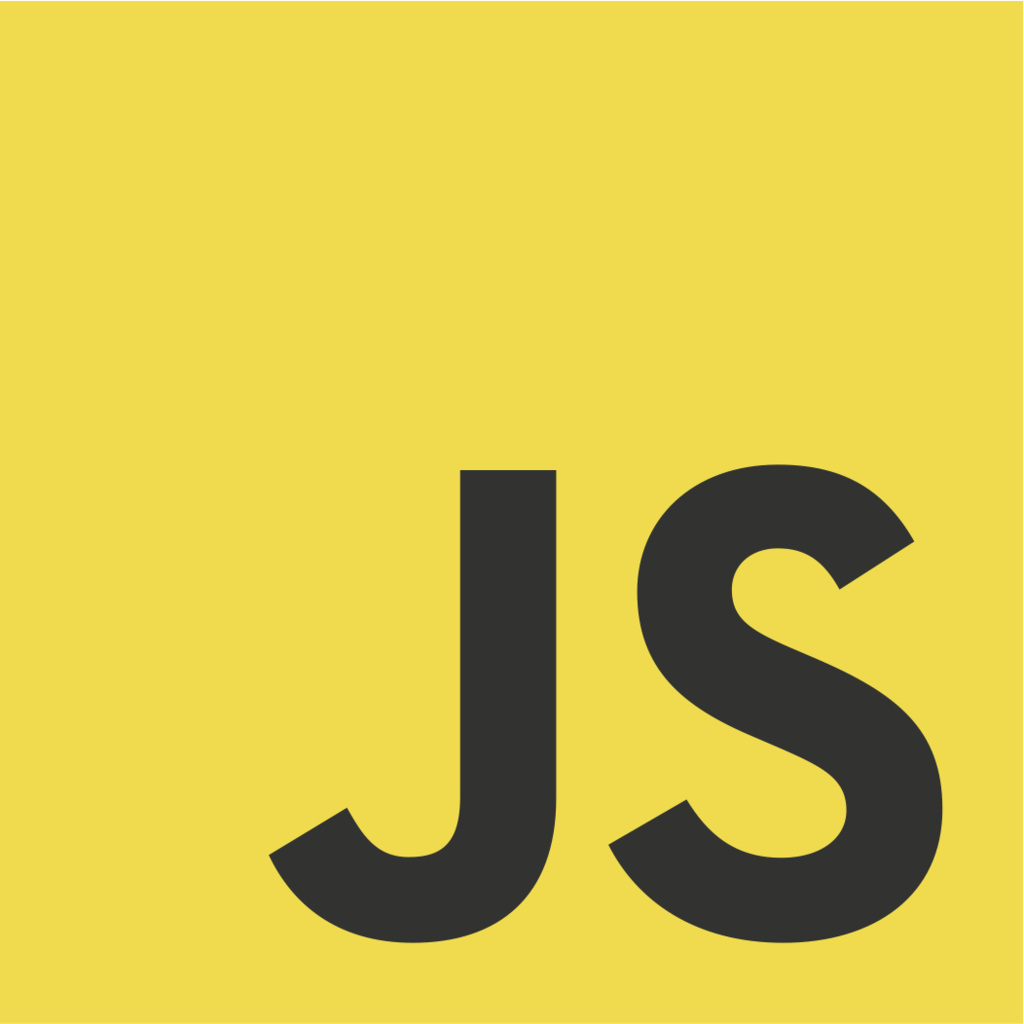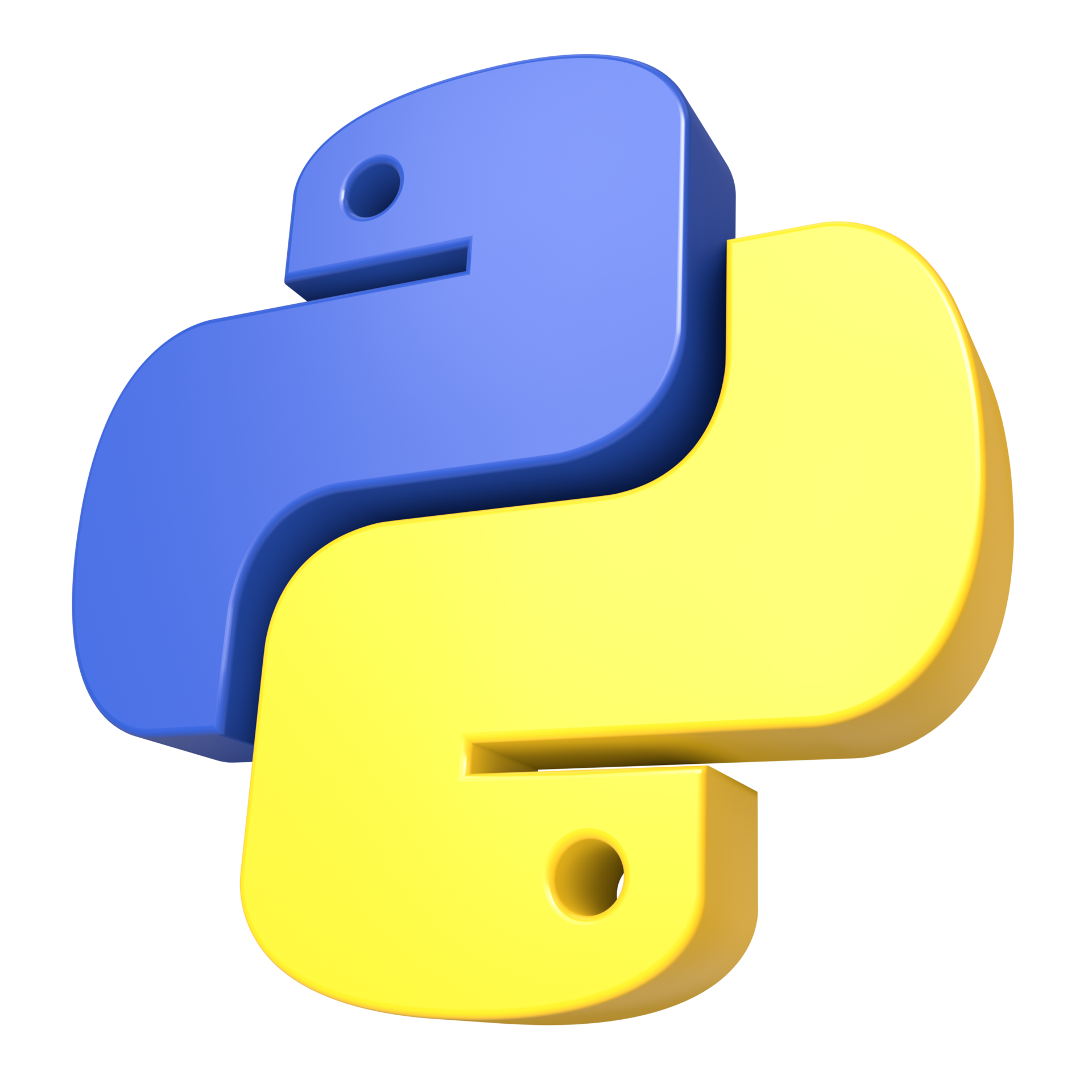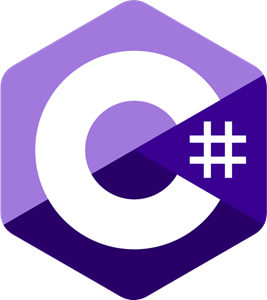Programming Languages for Software Development in 2023
Hello Everyone, In this Blog, I will tell 5 programming languages you should learn if you want to become a software developer.
Software development is the process of designing, creating, testing, and maintaining software using various programming languages and tools. This includes the development of computer programs, mobile apps, websites, and other types of software. It involves various stages such as requirements gathering, design, coding, testing, and deployment. Software development can be done by individuals or by teams of developers, and can range from small projects to large, complex systems.
In this blog, I will tell you 5 programming languages according to my opinion. These are:
1. javascript

JavaScript is a programming language that is commonly used to create interactive and dynamic web applications. It allows developers to add interactivity and other dynamic features to web pages, such as form validation, responsive navigation menus, and real-time updates to web pages without the need for a page refresh.
In software development, JavaScript is often used in combination with HTML and CSS to create the front-end (client-side) of web applications. JavaScript code is executed by the user's web browser, allowing developers to create interactive and dynamic user interfaces that can update and respond to user input in real-time.
JavaScript can also be used on the server-side, using runtime environments like Node.js to build full-stack web applications. Developers can use JavaScript to write back-end logic, connect to databases, and handle server-side tasks such as authentication and authorization.
JavaScript is also commonly used to create mobile apps with technologies like React Native, Ionic and PhoneGap.
In addition, JavaScript is a versatile language that can be used for other purposes like creating scripts, automating tasks, and creating desktop and command-line applications using frameworks like Electron.
Overall, JavaScript plays a crucial role in modern software development, powering the interactive and dynamic features of web and mobile applications, and allowing for the creation of full-stack web applications.
2. c/c++

C and C++ are both high-level, general-purpose programming languages that have been widely used in software development for many years. They are both considered to be systems programming languages, meaning that they are designed to handle low-level tasks such as interacting with the operating system, managing memory, and working with hardware.
C is an older programming language that was first developed in the 1970s. It is known for its minimalistic design, small size, and efficiency, making it well-suited for systems programming and embedded systems. It is still widely used today in various fields such as operating systems, device drivers, embedded systems, and low-level libraries.
C++ is an extension of C, developed in the early 1980s. It is an object-oriented programming language and provides features such as classes, objects, and polymorphism which can help to organize and structure code. It is widely used in various fields such as game development, operating systems, device drivers, embedded systems, and other performance-critical applications.
Both C and C++ are widely used in systems programming and embedded systems. They are also widely used in various fields such as game development, operating systems, device drivers, embedded systems, and other performance-critical applications. C++ also widely used in high-performance computing, scientific simulations, finance, and other domains where performance is critical.
Overall, C and C++ are powerful, versatile programming languages that are widely used in a wide range of software development tasks, from low-level systems programming to high-performance application development.
3. python

Python is a high-level, general-purpose programming language that was first released in 1991. It is known for its simple, easy-to-read syntax, and its large, active community of developers. Python is often used for a wide range of tasks, from web development, data analysis, and machine learning, to scientific computing and automation.
Python is often used for web development using frameworks like Django, Flask, and Pyramid. These frameworks provide developers with pre-built components and tools to create web applications quickly and easily. Python is also widely used for data analysis and machine learning, with libraries such as Pandas, NumPy, and Scikit-learn, which provide powerful tools for data manipulation, analysis, and modeling.
Python is also used in scientific computing and numerical analysis, with libraries like NumPy and SciPy. It's also used in the field of artificial intelligence, computer vision and natural language processing, with libraries like TensorFlow, Keras and NLTK.
Python is also widely used for scripting and automation tasks, such as automating repetitive tasks, scraping data from websites, and automating system administration tasks, with libraries like Selenium, Beautiful Soup, and Paramiko.
Python is also widely used in the field of game development, with libraries like Pygame and PyOpenGL.
Overall, Python is a powerful and versatile programming language that is widely used in a wide range of software development tasks, from web development and data analysis, to scientific computing and automation. Its simple syntax and large, active community make it a popular choice for beginners and experienced developers alike.
4. c#

C# (pronounced "C-sharp") is a modern, object-oriented programming language developed by Microsoft. It was first released in 2000 as part of the Microsoft .NET framework, and has since become one of the most popular programming languages for developing Windows desktop applications, web applications, and mobile apps.
C# is often used for developing Windows desktop applications using the Windows Presentation Foundation (WPF) and Windows Forms libraries. It is also widely used for developing web applications using the ASP.NET framework, which allows developers to create dynamic web pages and web services using C#.
C# is also commonly used for developing mobile apps using the Xamarin framework, which allows developers to create native mobile apps for iOS, Android, and Windows using a single codebase.
C# is also widely used in game development, with the Unity engine and Monogame framework, which allow developers to create 2D and 3D games for a variety of platforms.
C# has a modern, object-oriented syntax and is designed to be easy to learn and use. It also includes many features that make it well-suited for developing large, complex applications, such as strong type checking, automatic memory management, and support for exception handling.
Overall, C# is a powerful, modern programming language that is widely used in a wide range of software development tasks, from Windows desktop applications and web applications, to mobile apps and game development. Its modern syntax and wide range of libraries and frameworks make it a popular choice for developers looking to create high-performance, reliable applications.
5. Java

Java is a general-purpose, object-oriented programming language developed by Sun Microsystems (now owned by Oracle) in the mid-1990s. Java is known for its "Write once, run anywhere" (WORA) principle, which means that Java code can be written once and run on a variety of platforms without the need to recompile.
Java is widely used for developing enterprise-level applications such as banking systems, stock trading systems and e-commerce websites. Java's platform independence and rich set of libraries make it ideal for building large-scale, distributed systems, and it's widely used in the financial, telecommunications, and retail sectors for this reason.
Java is also commonly used for developing Android mobile apps, as the Android operating system is built on Java. Java's core libraries provide a rich set of tools for building Android apps, including user interface components, data storage options, and network communication tools.
Java is also widely used for developing web applications using frameworks such as Spring, Struts, and JavaServer Faces (JSF). These frameworks provide pre-built components and tools to create web applications quickly and easily.
Java is also commonly used in big data, with libraries like Hadoop, Spark and Storm, which provide powerful tools for data processing, analysis, and modeling.
Java's syntax is similar to C and C++, and it includes many features that make it well-suited for developing large, complex applications, such as strong type checking, automatic memory management, and support for exception handling.
Overall, Java is a powerful, versatile programming language that is widely used in a wide range of software development tasks, from enterprise-level applications to mobile app development and web development. Its platform independence and rich set of libraries and frameworks make it a popular choice for developers looking to create high-performance, reliable applications that can run on a variety of platforms.